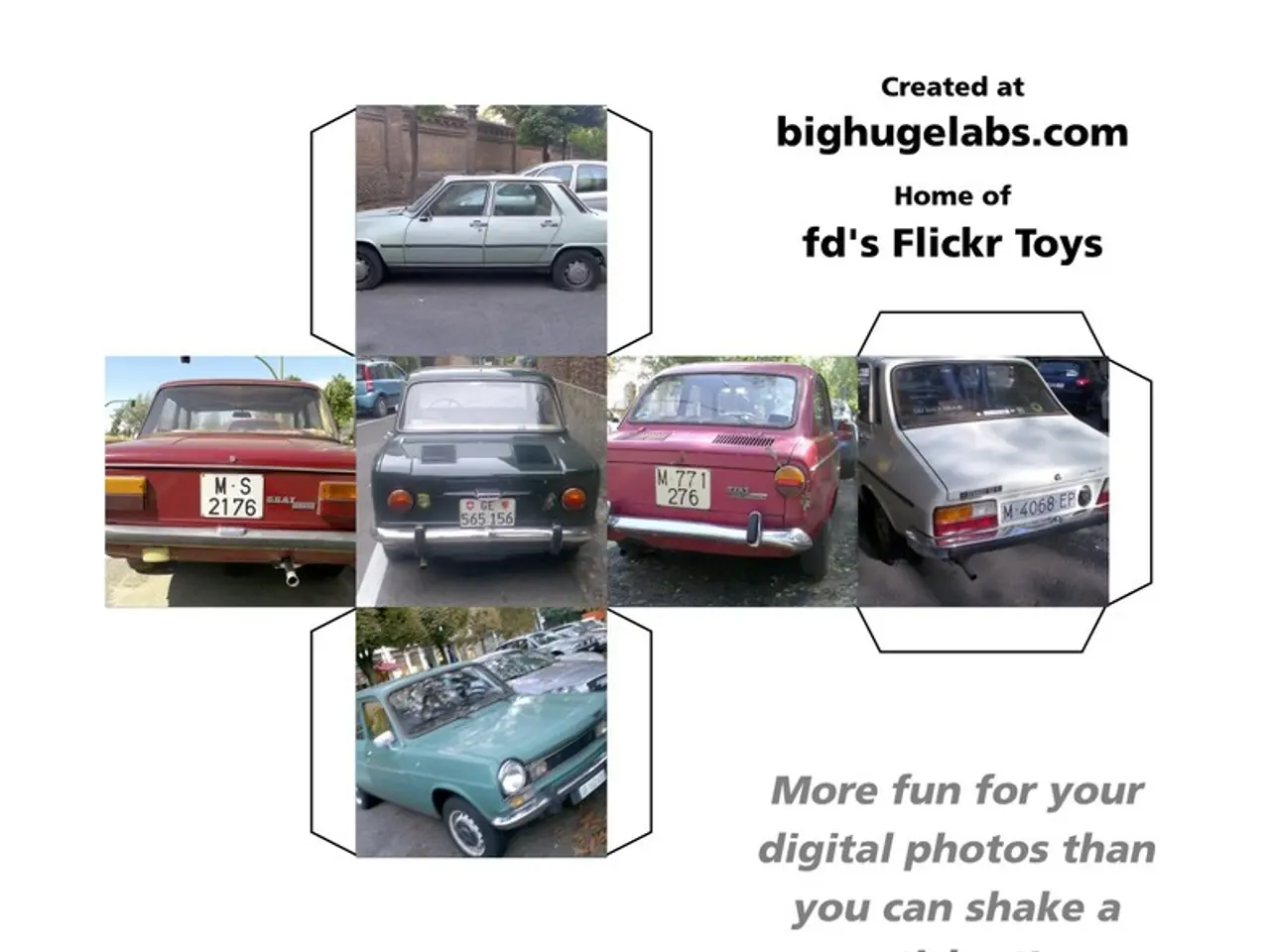Road User Charging Asia Pacific 2025: Expert Keola to Discuss Cross-Border RUC
The Road User Charging Conference Asia Pacific 2025 is set to take place on 01-02 October at the Four Points by Sheraton Singapore, Riverview hotel. This event will bring together senior policymakers, industry leaders, and innovators to discuss best practices in tolling, road usage charging, and mobility pricing schemes.
Among the confirmed speakers is Souknilanh Keola, a senior economist at Economic Research Institute for ASEAN and East Asia (ERIA). Keola, who holds a Diploma of Engineering from Tokyo National College of Technology, a Bachelor of Computer Sciences from Toyohashi University of Technology, and a Master of Economics from Nagoya University, will focus on promoting regional integration in ASEAN through cross-border road usage charging (RUC). He will participate in a panel discussion on building public trust in RUC systems.
Keola's advice for implementing user-financed transport schemes includes expanding financing sources, aggressive use of IT, and automatic collection of fines for violations. Despite the challenges, such as financing roads used for transit transport that function as international public goods, Keola believes legislation can support innovation in the sector, but implementation is key.
The Road User Charging Conference Asia Pacific 2025 promises insightful discussions led by experts like Keola, who finds crossing borders in his research rewarding. While the specific countries Keola will discuss regarding cross-border RUC are yet to be announced, his expertise in regional development and big spatio-temporal data in social sciences makes his contributions highly anticipated.
Read also:
- Electric-powered vessels take to the waters of Maine
- Elon Musk accused by Sam Altman of exploiting X for personal gain
- Comparing the value of top electric scooters: Kinetic DX versus Bajaj Chetak versus TVS iQube - Which one offers the best bang for the buck?
- American Eagle's risque promotional effort featuring Sydney Sweeney leads to the brand being categorized as a 'trendy stock' among teenagers.







